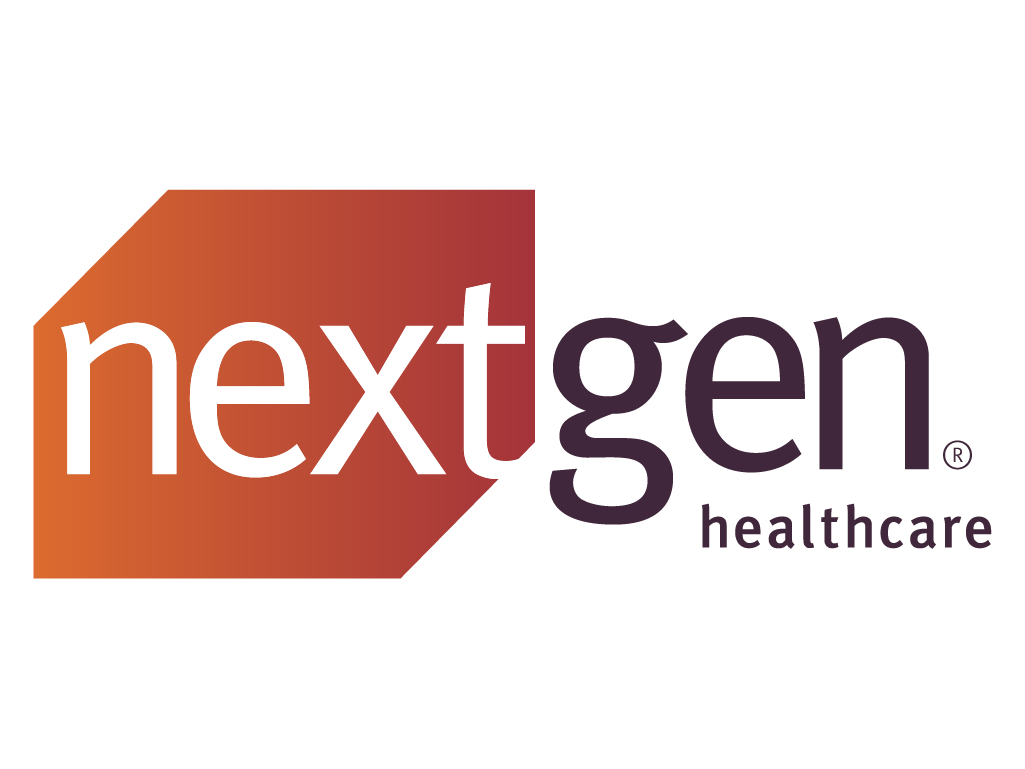
What You Should Know:
- EHR vendor NextGen Healthcare has agreed to pay $31M to settle allegations that NextGen violated the False Claims Act (FCA) by misrepresenting the capabilities of certain versions of its EHR software and providing unlawful remuneration to its users to induce them to recommend NextGen’s software.
- The civil settlement includes the resolution of claims brought under the qui tam or whistleblower provisions of the False Claims Act by Toby Markowitz and Elizabeth Ringold, health care professionals at a facility that used NextGen’s software.
- The whistleblowers in this case will receive $5.58M.
FCA Allegations
The allegations contends that NextGen falsely obtained certification for its software in connection with the 2014 Edition certification criteria published by HHS’s Office of the National Coordinator. The government alleges that NextGen relied on an auxiliary product designed only to perform the certification test scripts, which concealed from the certifying entity that NextGen’s EHR lacked critical functionality. The government alleges that, consequently, the EHR that NextGen ultimately released to its users lacked certain required functionalities, including the ability to record vital sign data, translate data into required medical vocabularies, and create complete clinical summaries.
Anti-Kickback Statute Violation
In addition, the government also alleges that NextGen violated the Anti-Kickback Statute, which prohibits anyone from offering or paying, directly or indirectly, any remuneration to induce referrals of items or services covered by Medicare, Medicaid, and other federally funded programs. In its complaint, the government contends that, notwithstanding this prohibition, NextGen knowingly gave credits, often worth as much as $10,000, to current customers whose recommendation of NextGen’s EHR software led to a new sale. The government alleges that other remuneration, including tickets to sporting events and entertainment, was also provided to induce purchases and referrals.
“Electronic health records play a pivotal role in the provision of safe, effective health care, and the testing and certification process of the EHR Incentive Program was intended to provide assurances to providers that their EHR can perform certain important functions,” said U.S. Attorney Nikolas P. Kerest for the District of Vermont. “With this settlement, our office has now resolved five investigations into misconduct by EHR companies, demonstrating our commitment to ensuring that EHR companies are held responsible for their misrepresentations.”

